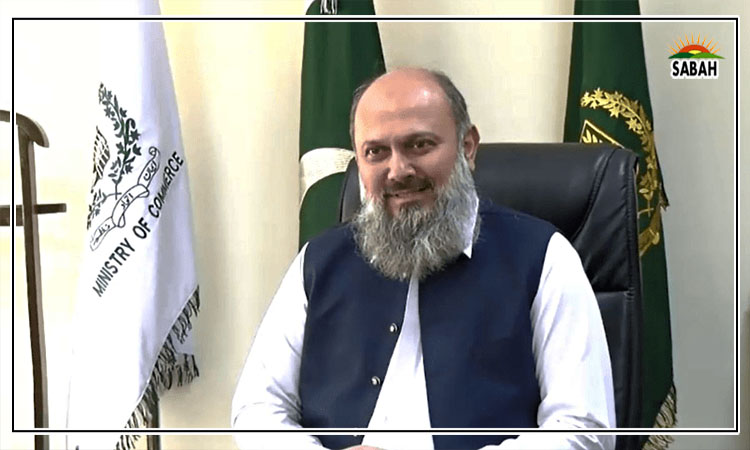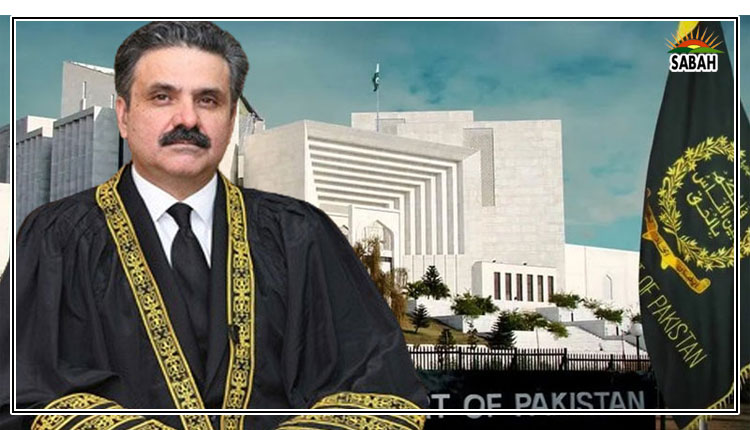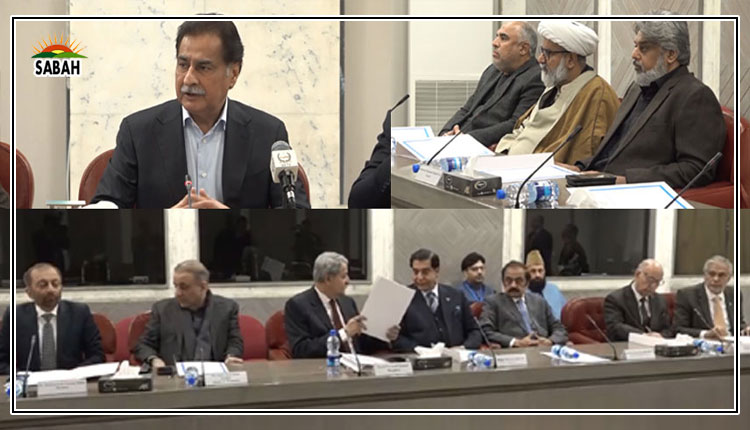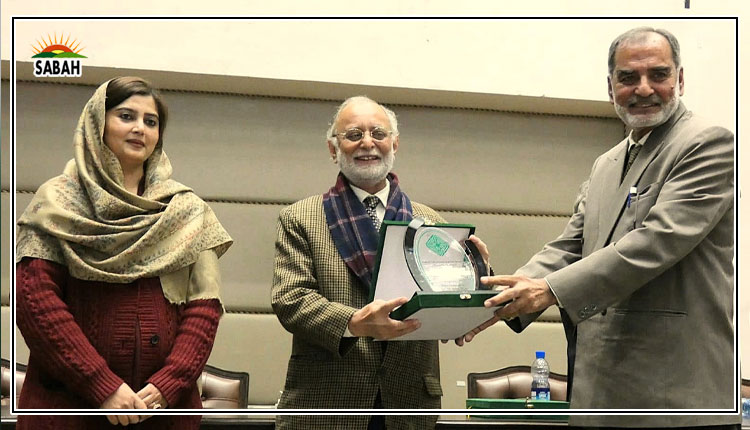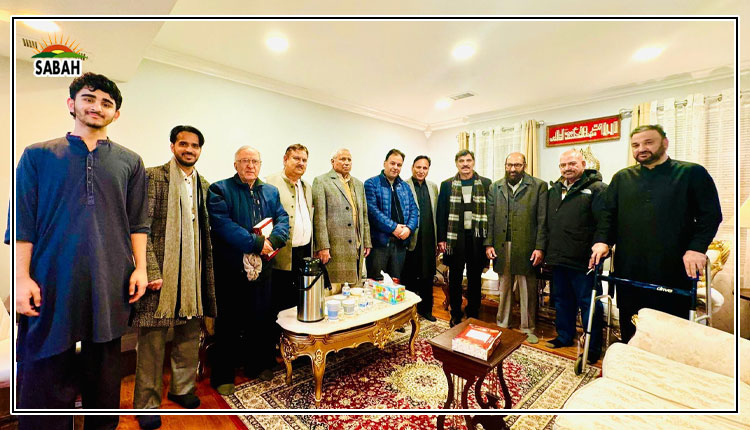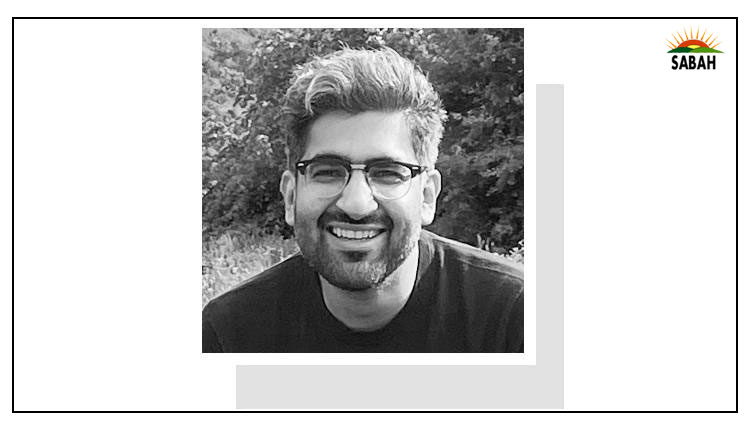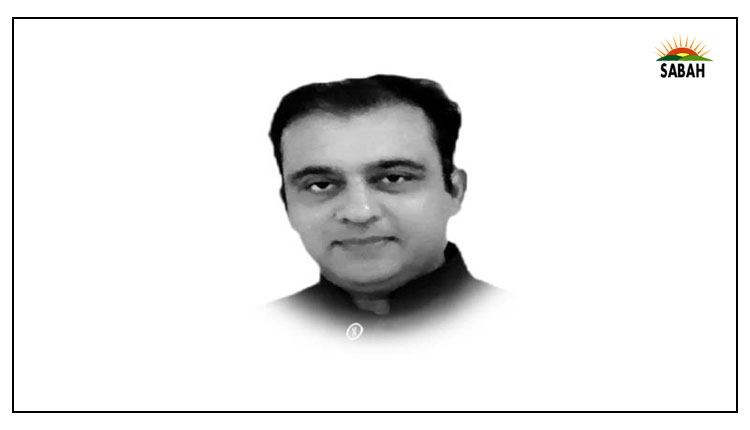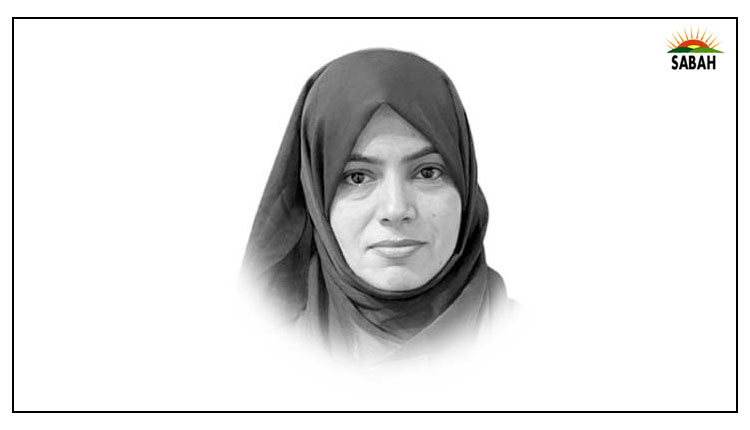Who is better at guiding a child?… Saira Samo
A child’s first school is the home, where early family experiences play a crucial role in shaping their development. These formative years lay the foundation for the future, as the brain is highly receptive, making children quick learners, natural imitators and inherently curious.
Many social scientists believe that a child’s behaviour reflects their closest family members, as early home interactions impact their learning. Positive influences help shape responsible citizens, while negative ones can lead to deviant behaviour. A child absorbs what they are most exposed to, whether positive or negative.
The key question is: who is the better guide, parents or teachers? Though both play vital roles, parents are often seen as the primary guides in a child’s early years.
Parents, especially mothers, are a child’s first and most consistent teachers, imparting moral education, family norms, societal ethics and religious values. Fathers also contribute by disciplining and modeling behaviour that helps children integrate into society. While educated parents may be better equipped, all parents share the responsibility of teaching good manners, self-discipline and social norms.
In elite institutions located in major cities, it is often a requirement to inquire about the parents’ qualifications before admitting their child. These institutions believe that educated parents are likely to produce better learners.
Consider the example of Jewish childbirth practices, where a pregnant mother is well cared for by the family. There are no disputes in her presence, and smoking is avoided around her. She is encouraged to engage in healthy activities, such as solving math problems and puzzles. She is also encouraged to study more and play intellectually stimulating games like chess, with the belief that these activities will positively impact the child’s brain development. A pregnant mother is exposed to a positive environment to help her bring a sharper, more inquisitive child into the world.
Parents play a crucial role in a child’s success. For instance, when we examine the biographies of ancient scholars like Socrates, Plato and Aristotle, we find that they were first educated by their parents before being handed over to teachers for formal education. Similarly, great warriors and kings, such as Alexander the Great, and Roman emperors like Marcus Aurelius received their initial education at home from their parents. Even in modern times, individuals like Helen Keller, Stephen Hawking and Albert Einstein, who faced physical and mental challenges, were supported by their parents, proving that parental guidance can make a difference in a child’s life.
However, parenting in digitally advanced societies presents new challenges. Fathers are frequently focused on earning a living, while mothers handle household chores, often leading to children being exposed to screens more than what is ideal. The growing reliance on digital gadgets to occupy children, at the expense of direct parental guidance, is a concern that cannot be ignored.
As the child grows, the role of teachers becomes increasingly important. Teachers, often referred to as spiritual parents, take on the responsibility of guiding the child through formal education. From the age of four or five, children spend a major portion of their day at school, where they are taught by teachers who not only impart knowledge but also shape their behaviour and character. A good teacher understands the child’s unique learning pace and needs, tailoring their approach accordingly. The saying goes, “teachers are kingmakers” and “nation builders”. The time spent with teachers is as valuable as the early years spent with parents, as both play crucial roles in a child’s development.
The upbringing of a child is a shared responsibility between parents and teachers. While parents lay the foundation in the early years, teachers build upon it, helping the child to grow into a responsible and well-rounded individual. The debate over who is the better guide – parent or teacher – remains open, and I encourage readers to share their perspectives on this important topic.
I rest my case! Now, the case is in your court.
Courtesy The Express Tribune



